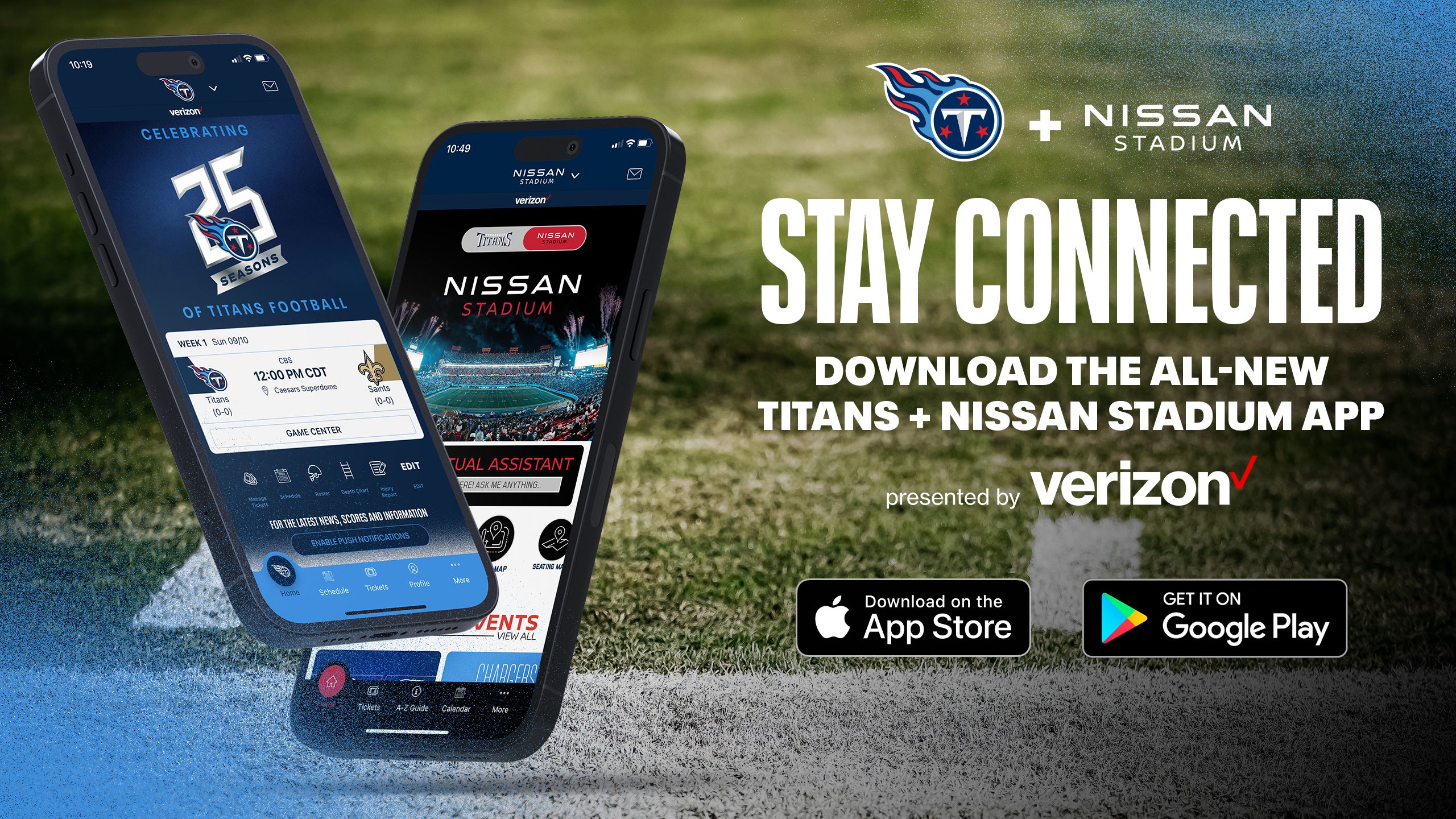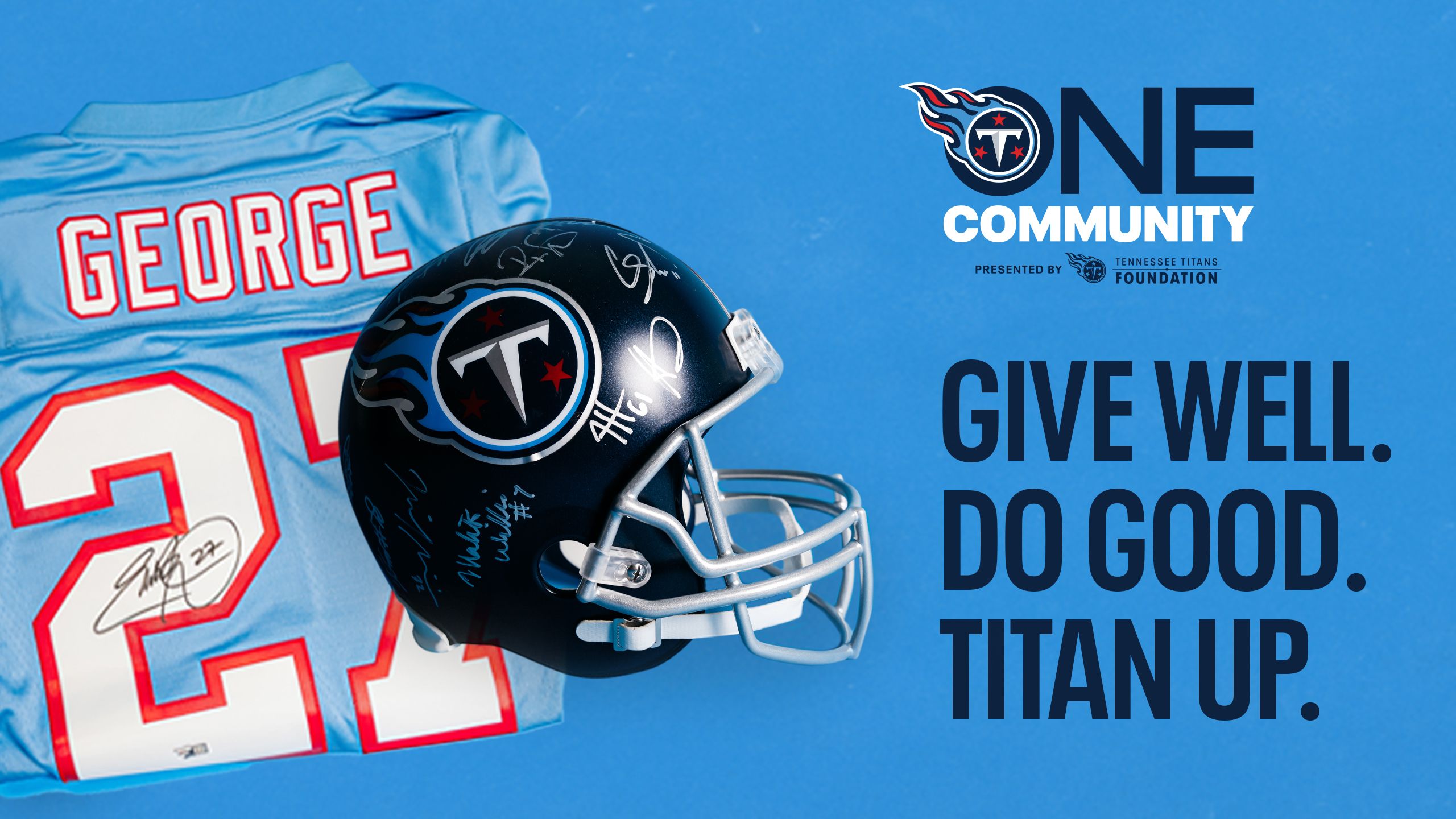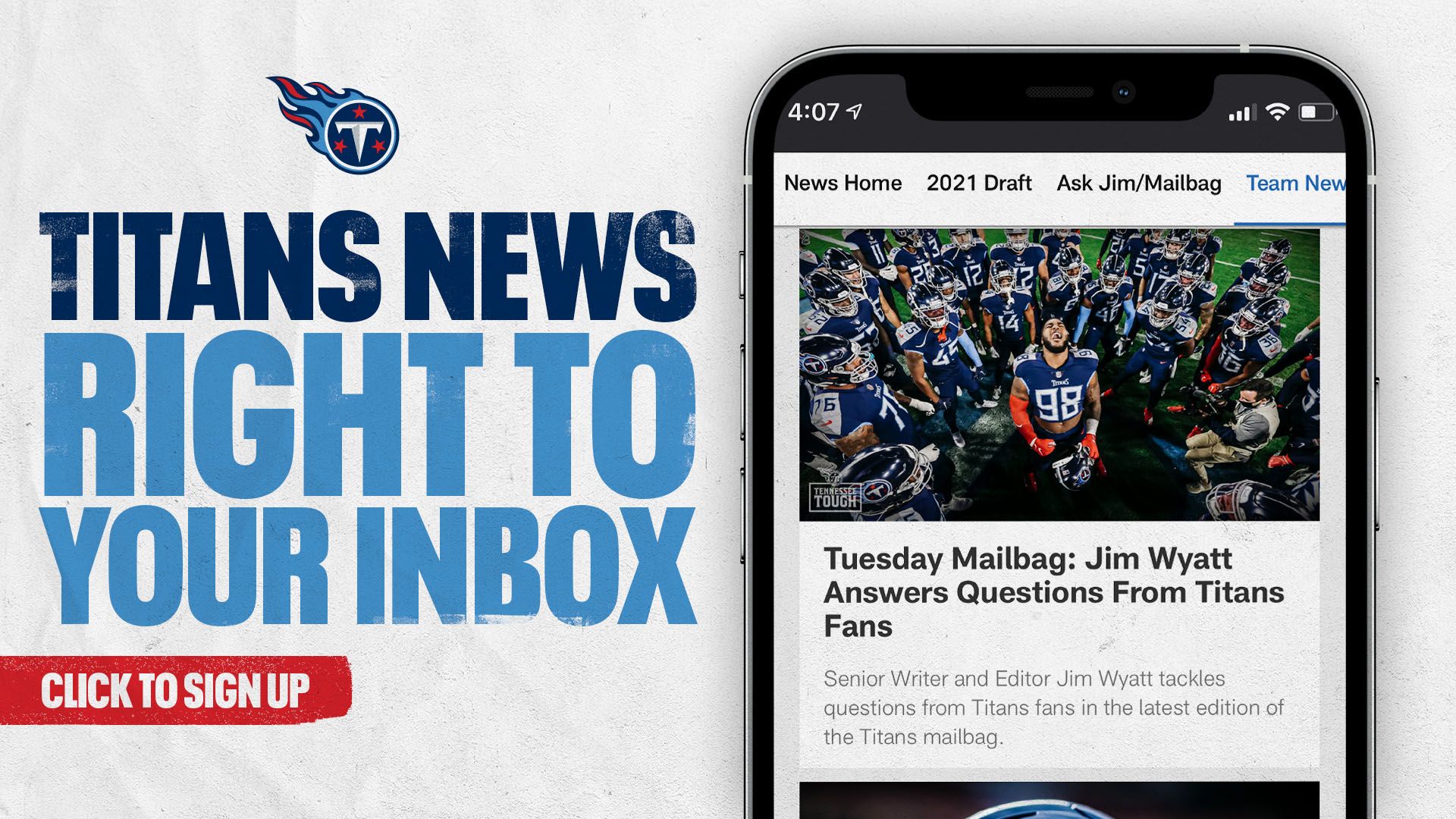**

|
Back before he became a first-name-suffices celebrity. Before the NFL draft felt like a made-for-TV event.
"When I started," Kiper recalled, words tumbling forth as he rocked in his chair during an interview with The Associated Press, "I had everybody telling me, 'You're crazy. You're wasting your time. It will amount to nothing.' I was, like, the point man for the draft to get ripped -- and about seven, eight years ago, I noticed that all those massive critics shut up."
This weekend marks the 25th anniversary of Kiper's 1984 debut on ESPN's NFL draft coverage, and while his no-time-to-breathe delivery, polarizing declarations, and puffy hair (his wife, Kim, cuts it) haven't changed all that much through the years, his relevance and popularity sure have.
The relevance and popularity of the draft itself have increased, too. The 1984 telecast drew a 0.6 rating; ESPN has averaged better than a 4.0 rating for its past five Day 1 draft shows. In 1984, there were 10 hours of live coverage; this weekend, there will be more than 16.
"It's unbelievable to even fathom that it's become this big. And Mel's the 'Founding Father' of it all," said Kiper's ESPN colleague and on-air foil, Todd McShay, one of the new breed of "draft gurus" who owe their jobs to the original. "If you're in the NFL in any way, shape or form, you have to love what Mel has done in terms of publicity for the NFL draft. Almost single-handedly, he added two to three months to the attention the NFL gets."
Football fans certainly pay attention to Kiper. They probably couldn't avoid him if they wanted to on ESPN's various TV channels, ESPN Radio and ESPN.com.
"The draft is the second-biggest day -- or two days -- in the calendar year, next to the Super Bowl. And Mel had something to do with that," said Ernie Accorsi, a former GM for three NFL teams who is Kiper's mentor and friend. "He also was a beneficiary."
ESPN's knack for cross- and self-promotion never was more apparent than a little past noon on March 12, when the following scrolled across the bottom of the ESPNEWS screen, tucked in among other sentence-length items of the "breaking" variety: "Mel Kiper Jr. picks Georgia QB Matthew Stafford as No. 1 pick in NFL mock draft."
How much do the people picking in the real draft take Kiper's kibitzing into account?
How about the players he's ranking? Or their parents? Or agents?
The quick answers to all of those questions: None, some, or a whole lot, depending on whom you ask.
"I always say to people, 'I'm not picking.' My opinions, to NFL teams, don't matter. Teams don't care what I say," said Kiper, who has three years left on his current ESPN deal. "If I were an owner, and I knew my team was worrying about what Mel Kiper said, I wouldn't be happy."
Still, front-office jobs often hinge on the draft, a pressure that leads to a desire to cover every angle. The last thing anyone wants is to be asked by the boss why so-and-so player from such-and-such small college never was mentioned in the war room.
Which is why some of the thousands of draft preview books sold annually by Mel Kiper Enterprises, Inc. -- literally a Mom-and-Pop operation, its only full-time employees are Mel and Kim Kiper -- are bought by people who work for NFL teams.
"Nobody wants to miss anybody or anything," said Redskins executive vice president for football operations Vinny Cerrato.
When Cerrato worked for the San Francisco 49ers, he said, defensive coordinator Ray Rhodes "would always have Mel's book, every year. We'd be sitting in the draft meetings, and he'd always look up what Mel thought about the guy. We called Ray, 'Ray Kiper."
Others, such as retired Green Bay Packers GM Ron Wolf, downplayed Kiper's impact. He remembered taking a look at one of Kiper's publications decades ago, when Wolf worked for the Raiders, "just to see what it was."
"He just listed names. Anybody can list names," Wolf said.
The people whose immediate futures might be affected most by Kiper do want to know what he has to say: Those are the players he's ranking in order of expected NFL success on his "Big Board," and the ones he's trying to match with actual draft slots.
Agents say some players will lower their expectations based on what one particular 48-year-old from Baltimore thinks -- and other players get angry if Kiper pegs them lower than they figured.
Whether or not NFL teams do, indeed, pay Kiper much heed, players clearly believe his opinions can sway draft decisions and, therefore, the way dollars are doled out. Consider: The first quarterback selected in the 2008 draft, Matt Ryan at No. 3 overall, received $34.75 million in guaranteed money. The second QB, Joe Flacco, went 15 spots later and was guaranteed $8.75 million. The third QB, Brian Brohm, lasted until late in the second round and was guaranteed closer to $1.5 million.
Not too shabby for a kid straight out of college, but a significant difference nonetheless.
Which might explain why so many players' relatives take Kiper's analysis so seriously. He's heard complaints from parents and siblings, uncles and cousins.
"They call me up, give me a piece of their mind, and hang up," Kiper said.
Ohio State linebacker James Laurinaitis' father, Joe, hasn't contacted Kiper. But he thought about doing so after Kiper's rating dropped for James, a two-time AP All-American.
"One day, you're the next-best thing since skim milk. The next day, you're supposed to go" low in the first round, Joe Laurinaitis said. "What did he do to fall off the grid?"
And then the elder Laurinaitis, voice rising, trotted out a criticism Kiper has heard often: "The question is: OK, where has he played? Where has he coached? What makes him a so-called 'guru'?"
That stance was most famously espoused on live television by Indianapolis Colts director of all football operations Bill Tobin during the 1994 draft.
Beforehand, Kiper insisted Indianapolis needed a quarterback. After the Colts took Marshall Faulk at No. 2 overall, Kiper chastised them for not picking a QB, Heath Shuler or Trent Dilfer. When the Colts selected linebacker Trev Alberts at No. 5, Kiper said, "That's why the Colts are picking second every year in the draft, not battling for the Super Bowl."
Tobin, running his first Colts draft, chuckled about Kiper's assessment, then launched into a diatribe, moving a half-full glass up and down for emphasis: "Well, you know, we've got a guy up there -- who in the hell is Mel Kiper, anyway? I mean, here's a guy that criticizes everybody, whoever they take. ... And in my knowledge of him, he's never, ever put on a jock strap. He's never been a player. He's never been a coach. He's never been a scout. He's never been an administrator. And, all of a sudden, he's an expert.
"Mel Kiper has no more credentials to do what he's doing than my neighbor," Tobin concluded. "And my neighbor's a postman -- and he doesn't even have season tickets to the NFL."
It took less than a minute for Tobin to, essentially, take a well-known Kiper and help make him famous.
"We'll be attached forever," Kiper said.
All this time later, Tobin doesn't regret the episode.
"I put together the thoughts in my mind: 'I'm going to correct him. I know what I'm doing.' I didn't need instant critics, and he was an instant critic," said Tobin, now an area scout for the Cincinnati Bengals. "A year later, we were in the AFC championship game. And Heath Shuler went on to a career in politics."
Tobin continued: "I wanted to set a tone: 'You're not going to slap the Colts around like you have in the past.' And it worked. I probably helped make him who he is, but I also changed the attitude people had about the Colts. And there were general managers around the country who burned my lines up, congratulating me."
Kiper was never an NFL player or coach, of course. But what qualifies him to do what he does, according to Kiper and his supporters, are his love of football; an insatiable appetite for information; a willingness to watch game after game and to make phone call after phone call; and an unmatched thoroughness. Kiper accumulates statistics and 40-yard dash times, but also pointed out, "I've always done it on feel. Just gut feel. I'm not a numbers person."
Sometimes, that gut is right, such as when he thought the Rams should have taken Eddie George and Marvin Harrison instead of Lawrence Phillips and Eddie Kennison in 1996. And, sometimes, that gut is wrong, such as when he thought Andre Ware would help the Lions.
"To rank 500 to 600 college seniors -- I think it's a physical impossibility to get it right," said agent Peter Schaffer, whose clients include North Carolina receiver Hakeem Nicks, a potential first-round pick Saturday. "He's going to have as many misses as hits, but he probably has more hits than other people in his industry."
Kiper began compiling scouting reports as a teenager, mailing them to NFL teams in hopes of getting advice. Sometimes, luminaries such as Don Shula or George Young would write back. When he was about 16, Kiper visited Baltimore Colts training camp and approached Ernie Accorsi, then the team's assistant GM.
"Most kids were trying to get autographs," Accorsi said. "Mel had draft lists. And he would stick them in my hand."
Originally, Kiper was aiming to land a job with an NFL team, perhaps as a scout. But while Accorsi twice tried to recruit him -- as did others -- Kiper was hired by ESPN despite a lack of TV experience.
For his draft-day debut in 1984, Kiper got fifth billing and didn't appear on-camera until 15 minutes in, sitting on a set in Bristol, Conn. Moments into the broadcast, one of ESPN's other analysts, Paul Zimmerman, sounded a note of caution about the whole proceedings, saying the gathering of fans at the draft in New York was thin.
"The NFL," Zimmerman told viewers 25 years ago, "ought to be concerned."
Turns out the NFL draft and Mel Kiper Jr. wound up doing just fine, thank you.
KIPER'S NFL DRAFT HITS AND MISSES
A small sampling of some hits and misses for Mel Kiper Jr., who began analyzing college football players and NFL drafts in the 1970s and made his ESPN draft-day debut in 1984:
Hits:
-Kiper rated Purdue QB Jeff George as the 84th-best player in the 1990 draft; George was chosen No. 1 overall by Indianapolis; he went 46-78 as a starter plus a 1-2 playoff record, in 12 seasons with five NFL teams. As on-screen graphics were being prepared for 1990 draft show, someone at ESPN asked Kiper why George wasn't on the list of top prospects. "He said, 'Well, I can't put up a Top 40 list and not have the No. 1 guy.' I said, 'Well, put him 40th. If you have to put him somewhere, put him 40th," Kiper remembers.
-Kiper rated Notre Dame QB Rick Mirer as the 30th-best player in the 1993 draft; Mirer was chosen No. 2 overall by Seattle; he went 24-44 as a starter, with 50 TDs and 76 INTs, in eight seasons with five NFL teams.
-Asked to cite a player he was more impressed by than NFL teams were, Kiper points to Towson State running back and kick returner Dave Meggett, who lasted until the fifth round in 1989 before being drafted by the New York Giants. Meggett wound up as a two-time Pro Bowl selection and ranks 37th in league history in all-purpose yards.
Misses:
-Kiper rated TCU's LaDainian Tomlinson as tied for the 25th-best player in the 2001 draft, and only the third-best running back that year, behind Mississippi's Deuce McAllister and Wisconsin's Michael Bennett. Tomlinson was chosen fifth overall by San Diego; he ranks second in NFL history with 126 TDs rushing and 14th with more than 11,000 yards rushing. McAllister has run for 49 TDs and 6,096 yards; Bennett has run for 13 TDs and 3,627 yards.
-Kiper had QBs Dan McGwire and Brett Favre rated evenly heading into the 1991 draft; San Diego State's McGwire (brother of baseball's Mark) was chosen No. 16 overall by Seattle; Mississippi's Favre was taken in the second round, No. 33 overall, by Atlanta. McGwire made five NFL starts, the last in 1995; Favre was traded to Green Bay before the 1992 season and retired in February with one Super Bowl championship and league records for career TD passes (464), completions (5,720), yards passing (65,127) and regular-season victories (169).
-Kiper is the first to acknowledge he has a history of misses in both directions on high picks by the Detroit Lions, who have the No. 1 overall choice Saturday.
He thought Houston QB Andre Ware "was going to be a great NFL quarterback. Didn't turn out that way." Ware was chosen No. 7 overall by Detroit in 1990; he retired after six career NFL starts. Kiper considered Ohio State LB Chris Spielman "a decent-to-good player. I thought he was a fourth- or fifth-round pick." Spielman was taken 29th overall by Detroit; he was a four-time Pro Bowl selection. "Had a great NFL career," Kiper says. "Chris always tells the story: When he woke up at 3 in the morning, he'd look at a picture of me he put on the wall and would do 300 sit-ups, 300 push-ups. It motivated him to say, 'This moron, this idiot, said I couldn't get it done."
More recently, Kiper was high on Southern Cal WR Mike Williams; Detroit took him 10th overall in 2005, Williams made seven starts, had 44 catches and two TDs, and was out of the league after three seasons.
"Mike let his weight get up there. Another Detroit Lion. When the Detroit Lions take a player," Kiper says with a self-effacing smile, "I'm not going to hit that player too good."









